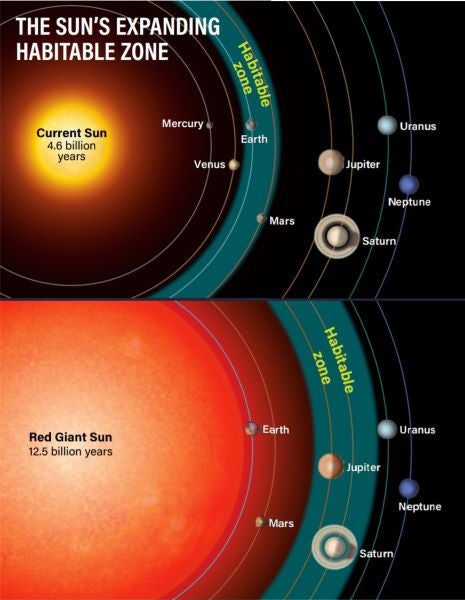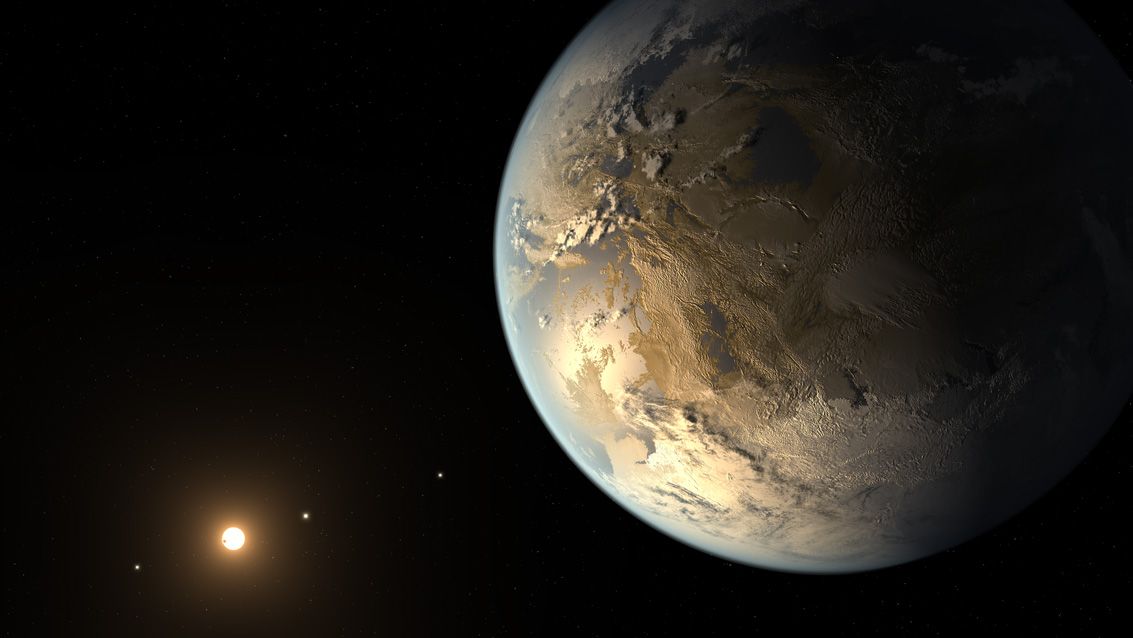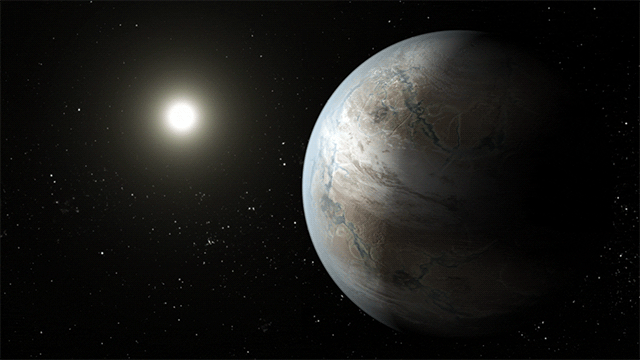But it doesn’t follow that life is a gift, let alone a ‘most precious gift’.
First, for something to be a gift, there must of course be a giver; and except for the banal sense in which parents fulfill such a role in giving life, any other attribution is vexed and controversial.
Religious positions remain disputed, including any religion’s reason why you or I or anyone else (or anything else) exists. In this sense our existence is a fact we cannot fathom, whether we appeal to an extra-worldly creator or not.
 philosophynow.org
philosophynow.org
First, for something to be a gift, there must of course be a giver; and except for the banal sense in which parents fulfill such a role in giving life, any other attribution is vexed and controversial.
Religious positions remain disputed, including any religion’s reason why you or I or anyone else (or anything else) exists. In this sense our existence is a fact we cannot fathom, whether we appeal to an extra-worldly creator or not.
What Is Life Worth? | Issue 162 | Philosophy Now
Michael Allen Fox wonders whether life really is ‘a precious gift’.








